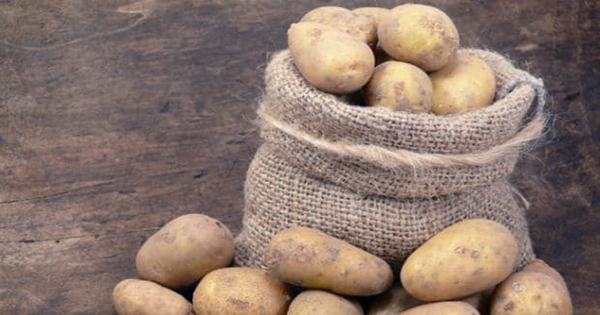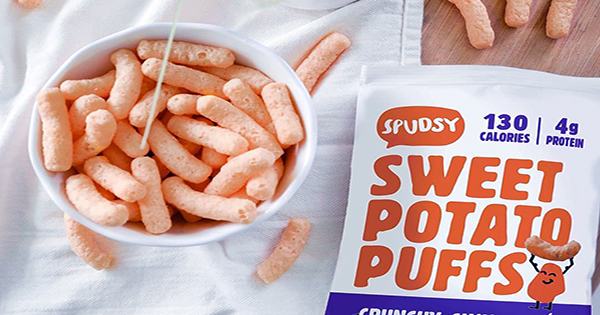Spudsy, a company that transforms flawed sweet potatoes into plant-based snacks, revealed on Thursday that it has secured $3.3 million in a Series A round led by KarpReilly and Stage 1 Fund. Ashley Rogers, Spudsy’s founder, and CEO, told TechCrunch that the company has now raised a total of $6.5 million since its founding three years ago.
“We don’t know everything as a fledgling company, and these investors have a portfolio of food and beverage firms and have been doing this for a long time,” she explained. “Their advice and skills provided us with checks and balances, as well as connections to Amazon and direct-to-consumer agencies.”
Rogers has worked in the food industry for seven years and is the founder of Buff Bake, a protein cookie brand.
When she spotted a need in the market for a sweet potato-focused brand to compete against others who were manufacturing snacks from other vegetables, she sold her share to her business partners and founded Spudsy.
“We started with puff snacks since they were trendy and no one else was doing it,” she explained.
Spudsy released a sweet potato “fried,” akin to a straw, in four flavors last year, in addition to the puff, which comes in five flavors.

According to Spudsy, 150 million pounds of sweet potatoes end up in landfills because of minor flaws such as shape, size, and color. According to Rogers, the brand is currently collaborating with a farm in South Carolina to use the potatoes that have been left in the field and is on target to salvage 1 million of these “flawed” sweet potatoes by the end of 2021. For the company, starting in the salted snack section made the most sense. According to Statista, salty snacks are one of the most popular snack items, accounting for $27 billion in sales in the United States in 2017. According to Rogers, this has increased to between $30 and $36 billion in the last four years.
Her aim for the firm, on the other hand, is for it to “become a platform brand and live in multiple sectors of the grocery store,” such as frozen goods, bread, tortillas, and any other carb. Whole Foods, Kroger, and Sam’s Club already carry Spudsy items.
Last year, the firm expanded its executive suite, and while some of the new funds will go toward employment, the majority will go into supporting the “lot of national retailer” enquiries Spudsy is receiving and investing in-store demos.
The company’s focus is currently on the fries product line, which was launched two months ago, but Rogers is also exploring direct-to-consumer and Amazon sales.
“We’ve experimented in DTC but haven’t concentrated on it,” she said, adding that they plan to have it up and running next year.
















